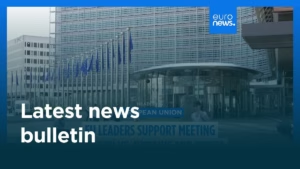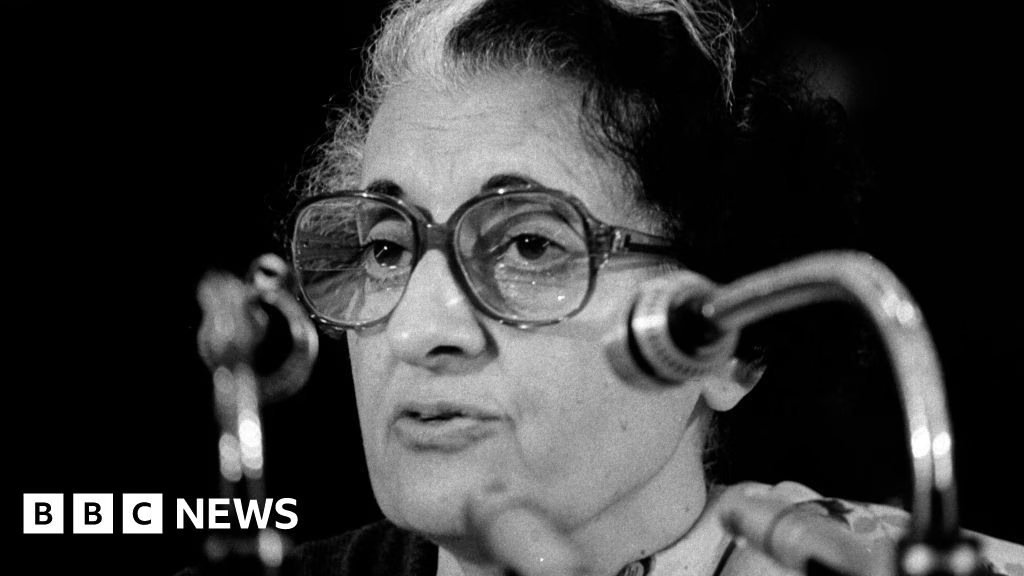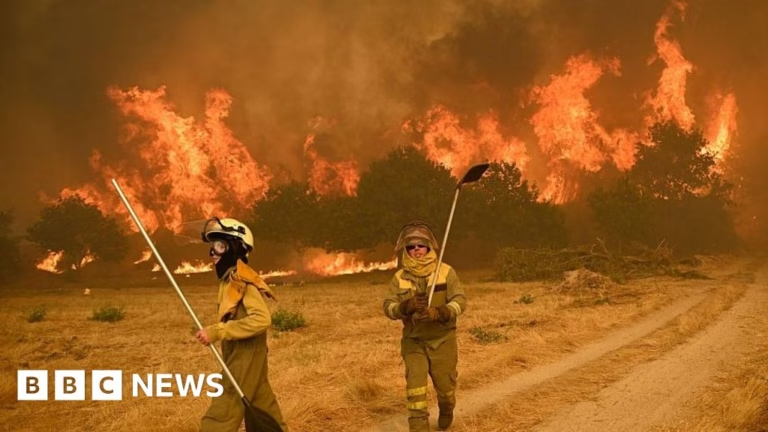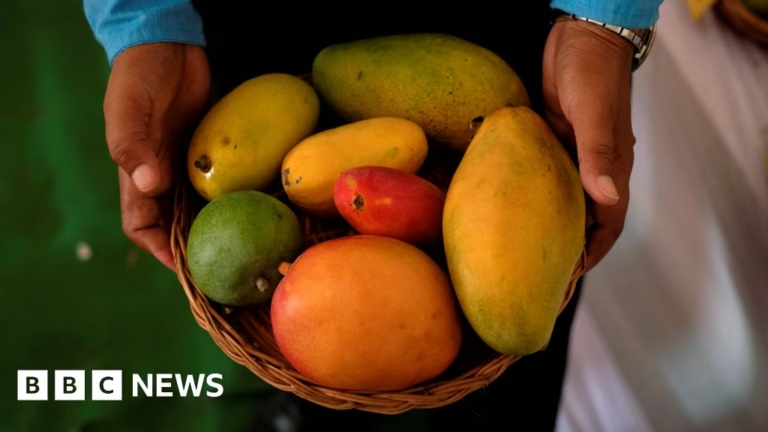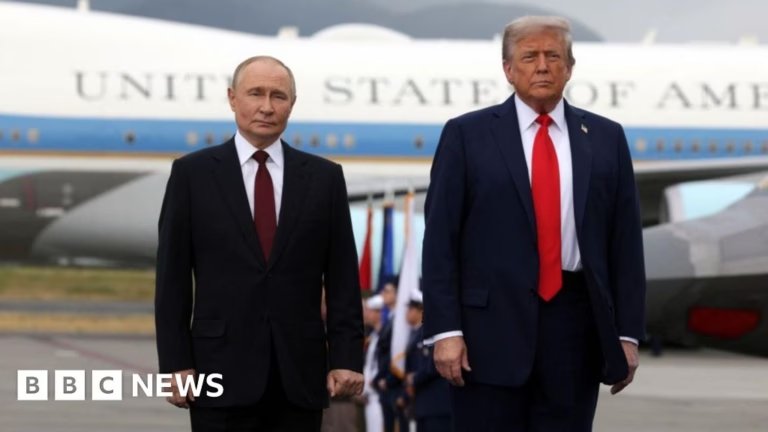On 25 June 1975, India witnessed a pivotal moment in its history as Prime Minister Indira Gandhi declared a nationwide Emergency, marking a profound suspension of civil liberties and a shift towards authoritarian rule. This unprecedented action was catalyzed by a controversial judgment from the Allahabad High Court, which invalidated Gandhi’s 1971 election victory for electoral malpractices. Faced with this potential disqualification and growing political unrest spearheaded by veteran socialist leader Jayaprakash Narayan, Gandhi invoked Article 352 of the constitution, citing threats to national stability as the rationale for an “internal emergency.”
This Emergency granted the government sweeping powers, facilitating an extraordinary and unprecedented strengthening of executive authority, largely unchecked by judicial review. Over 110,000 individuals, including prominent opposition leaders like Morarji Desai, Jyoti Basu, and LK Advani, were arrested. The suspension of civil liberties and the press censorship resulted in an environment where fundamental rights were effectively negated, and courts, stripped of independence, offered little resistance. A coercive family planning campaign, linked to Sanjay Gandhi, Indira’s son, led to an estimated 11 million sterilisations, often under duress, especially affecting the poor who were offered cash incentives equivalent to a month’s income or more for undergoing surgery.
Urban “clean-up” campaigns led to the demolition of nearly 120,000 slums, displacing about 700,000 people in Delhi alone, provoking violent resistance in areas like Turkman Gate where police fired on protesters. Media outlets were either gagged or shutdown; newspapers printed blank spaces to signify censorship, and satirical magazines shut down voluntarily. Despite its heavy-handed approach, the Emergency brought a period of order and efficiency, with improved government services and economic conditions, before its formal end in March 1977 when Indira Gandhi called for elections, subsequently losing and ushering in the Janata government, which worked to reverse many of the authoritarian laws.
Scholars reflect on the Emergency as a stark reminder of democracy’s fragility, emphasizing how easily constitutional rights can be suspended and the dangers of unchecked executive power, hero worship, and the importance of strong democratic institutions. It serves as a cautionary tale in India’s history, prompting discussions on the enduring challenges to democracy and the need for vigilance against any form of political overreach.
Source: https://www.bbc.com/news/articles/cn0gnvq72lko
